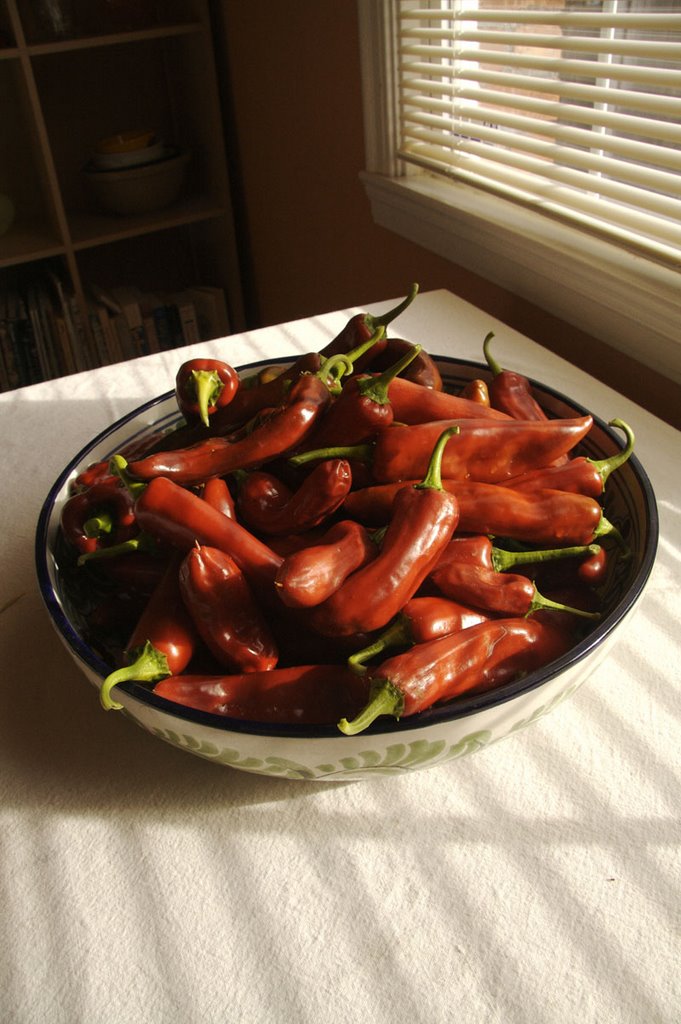 Years ago a friend of mine insisted that I read a New Yorker article on Mario Batali. It was the first piece of any length that I'd read about a food personality; at the time I knew of Batali only as the guy who concocted the 'white prosciutto' the same friend kept bringing up. What the article compellingly described was the larger than life personality that Batali brought to the table. Epic bouts of drinking and eating. Feeding a pig nothing but cream, walnuts, and apples and then serving people the fat from that pig. Showing up at a Giant's game to the delight of east coast male football fans.
Years ago a friend of mine insisted that I read a New Yorker article on Mario Batali. It was the first piece of any length that I'd read about a food personality; at the time I knew of Batali only as the guy who concocted the 'white prosciutto' the same friend kept bringing up. What the article compellingly described was the larger than life personality that Batali brought to the table. Epic bouts of drinking and eating. Feeding a pig nothing but cream, walnuts, and apples and then serving people the fat from that pig. Showing up at a Giant's game to the delight of east coast male football fans. It was this article, along with the first few episodes of Iron Chef America that I saw, that put Batali's Babbo at the top of my list during a trip to New York a few years back.
The article's other personality was that of Bill Buford, the guy writing it. What I accepted as a transparent literary device, his parlaying his editorial assignment into a full-time gig as a kitchen slave at Babbo restaurant, turned out to be an earnest re-assessment of the author's priorities and interests. Lasting not only for the duration of his assignment, but to this day.

Heat expands on the terrain of the New Yorker article considerably. Charting Batali's rise from guy working in a pizza shop, to Italy, to food celebrity. Detailing the story of Buford's going pro in the world of food. Each story is a good read, though I preferred the chapters on Batali to those where Buford elaborated on the nature of a food stuff (short ribs, polenta, etc.).
As he starts doing time in the Babbo kitchen, Buford commits innumerable mortifying gaffes - lost in ways diverse and confounding. As a self-described talented amateur, I may be brushing up against the walls of my roomy glass house, but I'm here to tell you that the way you pull short ribs out of a pan of spattering oil is with tongs.
It's impossible to meaningfully address either of the book's dominant narratives without also addressing Italy, which for Buford means (among other places) the small village where he learns the art of butchery. The 27 different cuts of meat that Tuscan's understand to be in the leg of a cow. If this is not the sort of thing that interests you, you may be cheered to know that this section of the book is loaded with examples of Tuscan men --young and old-- creatively referring to each other as types of dickhead.







